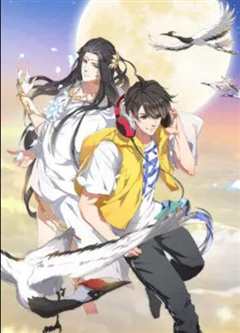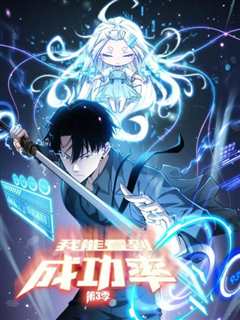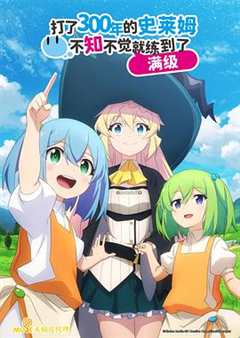龙年到聊聊龙年成语(III)(2)
2024-06-15 来源:旧番剧
Over centuries, dragon (龙 lóng) stories have formed dozens of chengyu, Chinese idioms normally consisting of four characters (四字成语, sì zì chéng yǔ). Most of these idioms including dragons are positive (正面的, zhèng miàn de), often describing a person"s outstanding appearance, status, or abilities.For example, a talented or powerful individual is often referred to as a "dragon among humans (人中之龙, rén zhōng zhī lóng)." The leader of an excellent team may be hailed as the "head of a group of dragons (群龙之首, qún lóng zhī shǒu)," and parents" great ambitions for their children are encapsulated in the term "expect the child to become a dragon (望子成龙, wàng zǐ chéng lóng)." Here are a few more dragon idioms and their fascinating stories.
鱼跃龙门 Carp leaps over the Dragon Gate
The Records of Sanqin (《三秦记》sān qín jì), a historical and geographical text written in the Han dynasty, includes a traditional folk tale about carp turning into dragons. It describes a place called the Dragon Gate in the Yellow River, where the flowing river water formed a waterfall (瀑布, pù bù). Every spring, yellow carp in the river swim upstream against the current (水流, shuǐ liú), and those that manage to leap over this waterfall transform into dragons.
猜你喜欢
动漫推荐
免责声明:动漫番剧数据来源网络!本站不收费,无vip,请勿上当!
www.jiufanju.com-旧番剧
![[ANK-Raws] D.C.III~ダ・カーポIII~ 初音岛3 D.C.III~Da Capo III~ (BDrip 1920x1080 x264 FLAC Hi10P)[bt磁力种子]](https://wimgs.jiufanju.com/thumbnail/20160119/210240_8670.jpg)
![[ANK-Raws] D.C.III~ダ・カーポIII~ 初音岛3 D.C.III~Da Capo III~ (BDrip 1920x1080 x264 FLAC Hi10P)[bt磁力种子]](https://wimgs.jiufanju.com/thumbnail/20170823/134608_3576.jpg)
![[ANK-Raws] D.C.III~ダ・カーポIII~ 初音岛3 D.C.III~Da Capo III~ (BDrip 1920x1080 x264 FLAC Hi10P)[bt磁力种子]](https://wimgs.jiufanju.com/thumbnail/20160602/636005041840128054.jpg)
![[ANK-Raws] D.C.III~ダ・カーポIII~ 初音岛3 D.C.III~Da Capo III~ (BDrip 1920x1080 x264 FLAC Hi10P)[bt磁力种子]](https://wimgs.jiufanju.com/thumbnail/20160608/636010196917541558.jpg)
![【紫音字幕組】★一月新番【初音島III D.C.III ~戀愛學園III~ ~da capo III~】[全14話][繁體][720P][MP4]<★急徵時間軸★>[bt磁力种子]](/images/loading.gif)







